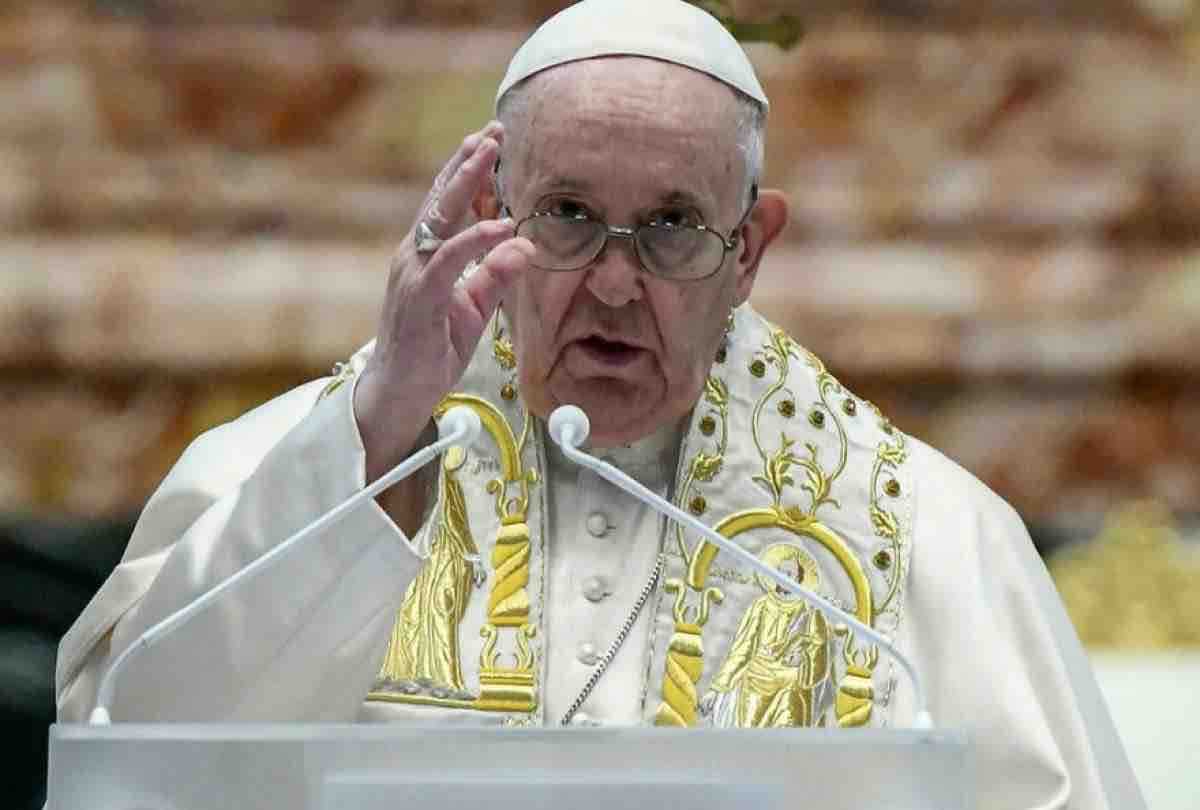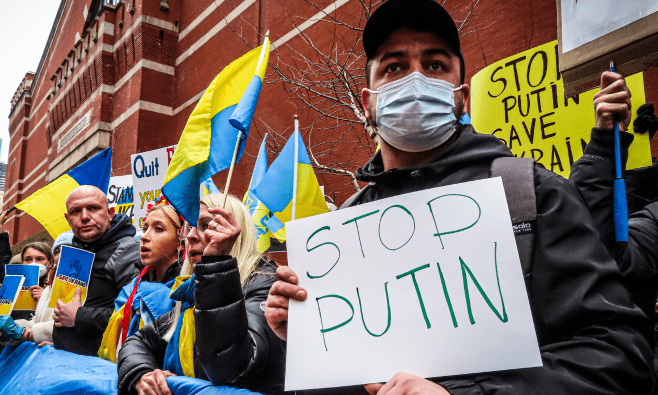You weren't taught much in school - #fundamental #physical control of #matter using #vibration/#frequency
Upptäck inläggUtforska fängslande innehåll och olika perspektiv på vår Upptäck-sida. Upptäck nya idéer och delta i meningsfulla samtal
Vatican
Justice Pope Francis asks the Church for a report on child abuse cases
By Karin Hiebaum
International Correspondent
The Supreme Pontiff asked for "transparency" on the part of the diocese.
The Pope has asked the Pontifical Commission for the Protection of Minors to "annually" prepare a report with "the initiatives of the Church for the protection of minors and vulnerable adults" in relation to cases of abuse in the Church, while noting that, where there is reliable data, these facts have declined in recent years. He also called for "transparency in the dioceses".
Although he acknowledged that this can be a "difficult task at the beginning", Francis assured that it is necessary to provide "a reliable report on what is happening and what must change, so that the competent authorities can act".
In this sense, he has assured that such a report will be a factor of "transparency and accountability" since it will "provide clear information" on the progress of the Church in this area. "If there is no progress, the faithful will continue to lose confidence in their pastors, which will make it increasingly difficult to proclaim and witness to the Gospel," he warned.
"The seeds sown are beginning to bear fruit. The incidence of abuse of minors by clergy has shown a decline for several years in those parts of the world where reliable data and resources are available," Francis assured the audience with members of the Pontifical Commission for the Protection of Minors, which concluded its plenary assembly this week.
Francis focused on the most immediate needs that the Commission can help to resolve, especially for "the welfare and pastoral care of those who have suffered abuse." In this way, he urged the Vatican commission that deals with the guardianship of minors to "oversee, in dialogue with the bishops' conferences, the creation of special centers where abused persons and their families can find welcome and a listening ear and be accompanied on a path of healing and justice."
He also praised their work, noting that "minors and vulnerable people are safer today in the Church". In his address to the members of the Pontifical Commission for the Protection of Minors, he assured that the "path of healing" for victims "is long and difficult" while condemning that "abuse, in all its forms, is unacceptable."
"Sexual abuse of children is especially serious because it offends life when it is flourishing. Instead of thriving, the abused person is wounded, sometimes indelibly," he said.

Women before the Alfarist Revolution
By Karin Hiebaum
International Correspondent
Founding President of IRW
It is well known that, during the colonial period, Spain transferred to the conquered peoples its own social system, and with its ally the Church, organized them in the image and likeness of the medieval order.
Hence, the Hispanic men who came to America, "for God and the King", with the help of the horse and the roar of cannons, used the fear and terror prevailing in the metropolis to dominate the conquered and subject them to cruel servitude.
If this happened with the natives in general, we can imagine how they acted with the Indian women, who, in addition to suffering the typical forms of colonial oppression, were victims of sexual abuse by the conquistadors.
A captain "was good to his men" when he distributed jewels and beautiful and gallant Indians from his war booty to all of them.
The Indian and the black woman constituted the bottom rung of the social ladder and were treated as beasts of burden.
Regardless of social class, all women lived humiliated, victims of the omnipotence of men, who were authorized by custom to beat them and by tradition to exercise over them the right to life and death.
Completely lacking in rights, besides the indispensable catechism, the Hispanic woman was strictly educated for housework, where the handling of the needle was taught in a special way. Her work consisted of bringing children into the world and taking care of the home. For this she was prepared from an early age, considering her weak and teaching her to adore the man as strong, intelligent, and the family's support.
Until 1768 in Quito, capital of the Royal Audience, there was not a single school for women, and as expressed by Archbishop Federico González Suárez, they were only taught to read in printed books, because "for a long time in the Colony there was a deep-rooted concern that it was harmful and even dangerous for women to know how to write". If any of them thought of venturing into the fields of culture and art, they were considered abnormal and even of dubious femininity.
Married women lacked any legal capacity. Only in 1871 did the Civil Code grant the mother parental authority over her children, but only in the absence of the father, and established the presumption of the husband's general authorization for married women who publicly exercised their profession and industry, as long as there was no claim or protest from the husband.
All the injustices and ominous prejudices that the colonial yoke established against women, making of them a submissive and oppressed being, were dragged down by the Republic until the triumph of the Alfarist Liberal Revolution, which, as we have seen in previous reviews, soon bore the best fruits with transcendental laws and decrees that really improved their condition. Liberalism has, also, other virtues. Now that Spain, like Austria and Hungary, is affected by the problem of nationalism, Vargas Llosa reminds us that if there is a doctrine that is against nationalism without inferiority complexes, it is liberalism because the love of freedom is the very essence of its thought. Nationalism is at enmity with freedom. Therefore, it is very important for liberalism to reject nationalism, because it is an enemy of democracy and in its ideological background there is racism, by making a value of belonging to a particular nation. It is worth remembering in this respect, as Vargas Llosa does, that the tribe represented a stage of civilization in which the human and the animal were practically adjacent, but then, due to different factors, the tribe evolved and individuals emerged, beings who differed from the others simply because they chose. As the individual emerged, the tribe disappeared. This differentiation, thanks to democracy, allows coexistence. Unfortunately, nationalism has not yet left the tribe, it is still the tribe. That is why it potentially means violence, in the short or long term. Nationalism has resurfaced in Europe and this must be confronted in the name of freedom and democracy because it is incompatible with them.
Today, Liberals in Europe as well as in Latin America, we must analyze these factors that Liberalism represents in society, and represent it as an ideology of life, living it from actions, discourse and taking into account its basic principles. Today, Liberals in Europe as well as in Latin America, we must analyze these factors that Liberalism represents in society, and represent it as an ideology of life, living it through actions, discourse and taking into account its basic principles.










